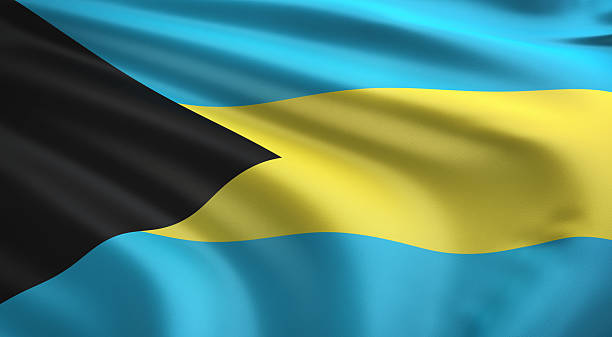The Bahamas' tax system offers favorable conditions for businesses, with no corporate income tax on profits generated within the country. However, businesses operating in the Bahamas should be aware of other taxes, such as VAT, business license tax, real property tax, payroll tax, stamp duty, customs duties, and national insurance contributions. It is crucial to consult with a tax professional or refer to the official website of the Bahamas Department of Inland Revenue for the most up-to-date tax regulations and requirements.
Corporate Income Tax:
The Bahamas operates on a territorial tax system, meaning that only income derived from activities within the country is subject to taxation. As of the knowledge cutoff date in September 2021, the corporate income tax rate in the Bahamas is 0%. There is no corporate income tax levied on profits generated by businesses within the country.
Types of Business Taxes in the Bahamas:
- Business License Tax: Businesses operating in the Bahamas are required to obtain a business license and pay an annual fee. The fee is calculated based on the type and size of the business, and it varies across sectors.
- Value Added Tax (VAT): The Bahamas introduced a VAT system on January 1, 2015. The standard VAT rate is currently set at 12%. VAT is applied to most goods and services, with certain exceptions and reduced rates for specific categories such as basic food items, educational services, and healthcare.
- Real Property Tax: Real property tax is levied on the ownership of real estate properties in the Bahamas. The tax rate varies depending on the property's classification and assessed value.
- Stamp Duty: Stamp duty is applicable to various transactions, including the transfer of real estate, the creation of mortgages, and certain legal documents. The rates vary depending on the nature of the transaction.
- Payroll Tax: Employers in the Bahamas are required to pay a payroll tax on the salaries and wages of their employees. The tax rates depend on the income levels of the employees and range from 0% to 2.5%.
- National Insurance Contributions: Businesses in the Bahamas are also required to make National Insurance contributions on behalf of their employees. These contributions fund social security benefits such as healthcare, pensions, and unemployment insurance.
- Customs Duties: Customs duties are imposed on imported goods into the Bahamas. The rates vary depending on the type of goods and their classification under the Customs Tariff Act.
Bahamian Tax Authority Website:
For comprehensive information on business taxes in the Bahamas, it is recommended to visit the official website of the Bahamas Department of Inland Revenue. The website provides detailed guidance, forms, tax rates, and contact information for any tax-related inquiries.
Bahamas Department of Inland Revenue Website: Official Bahamas Tax Authority Website
Related Information








